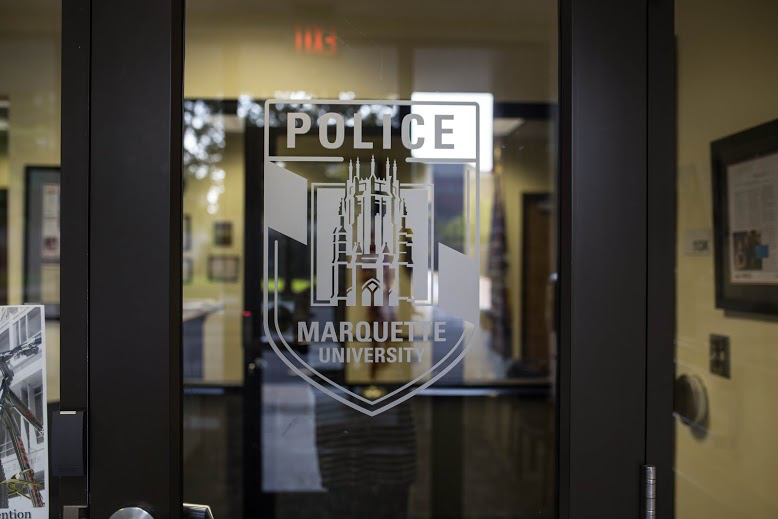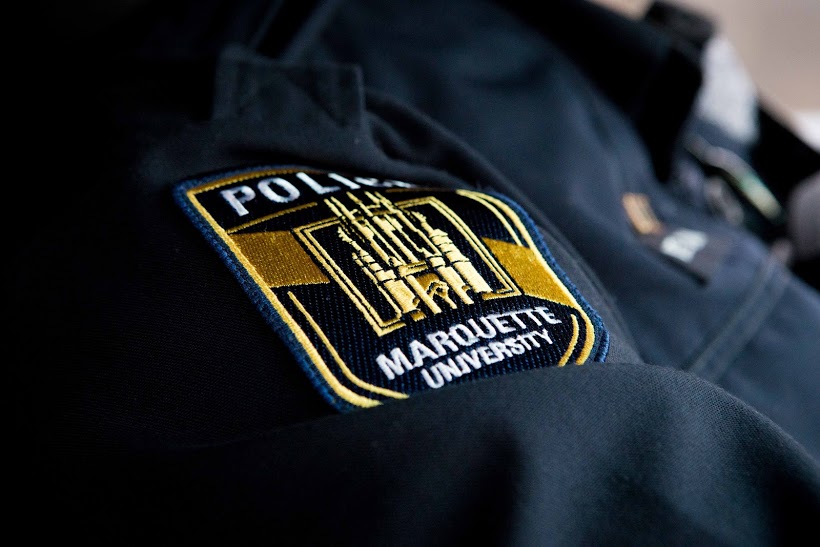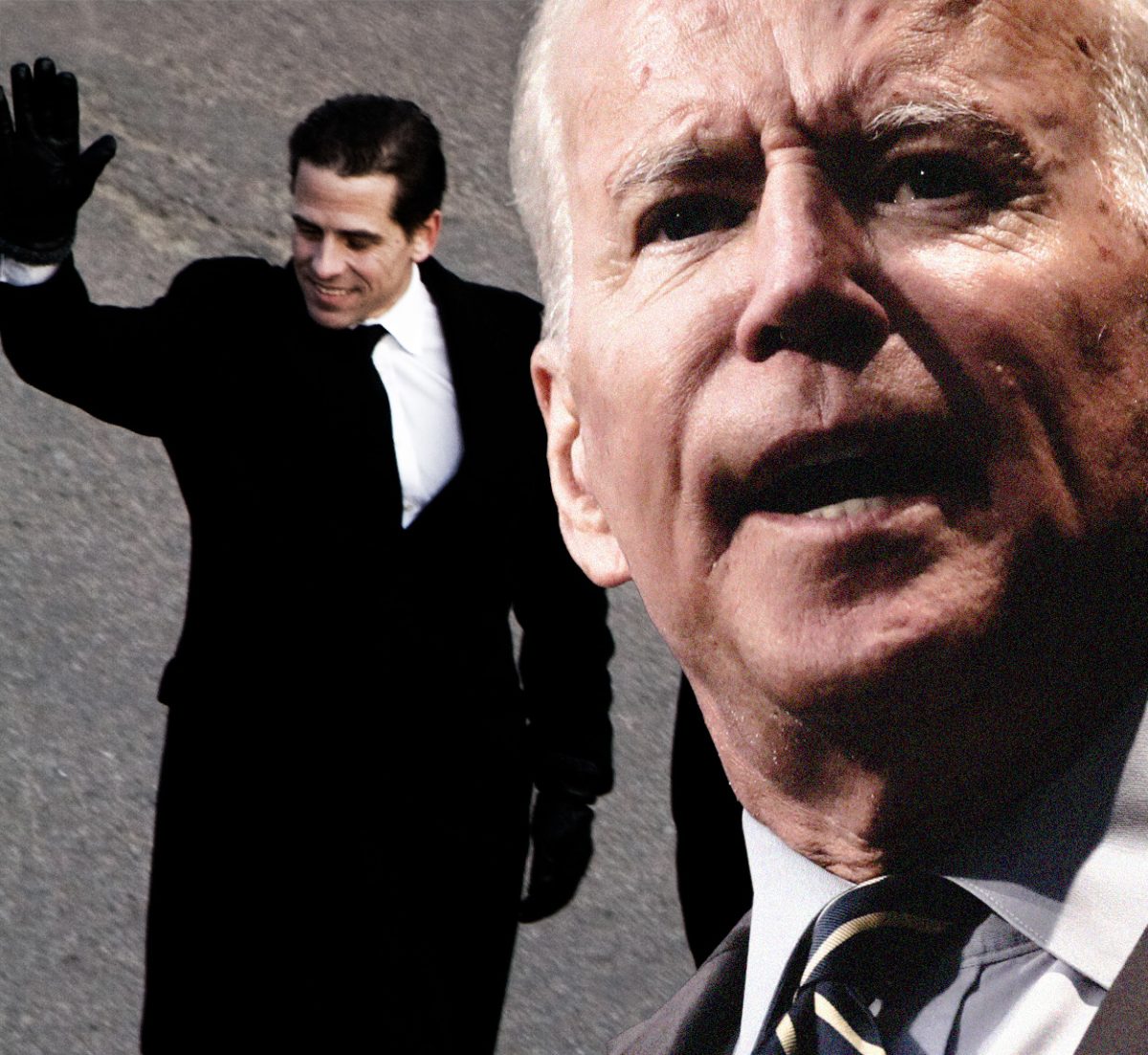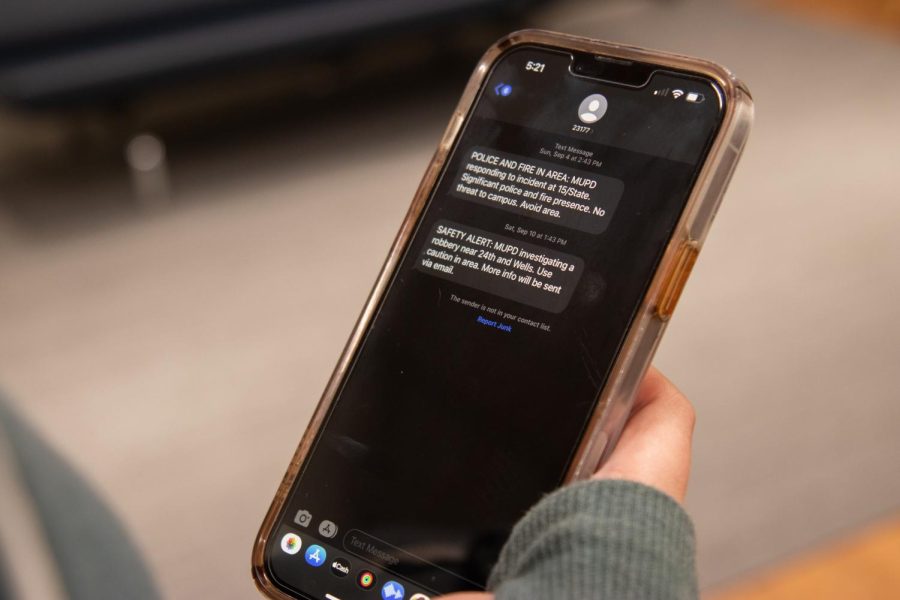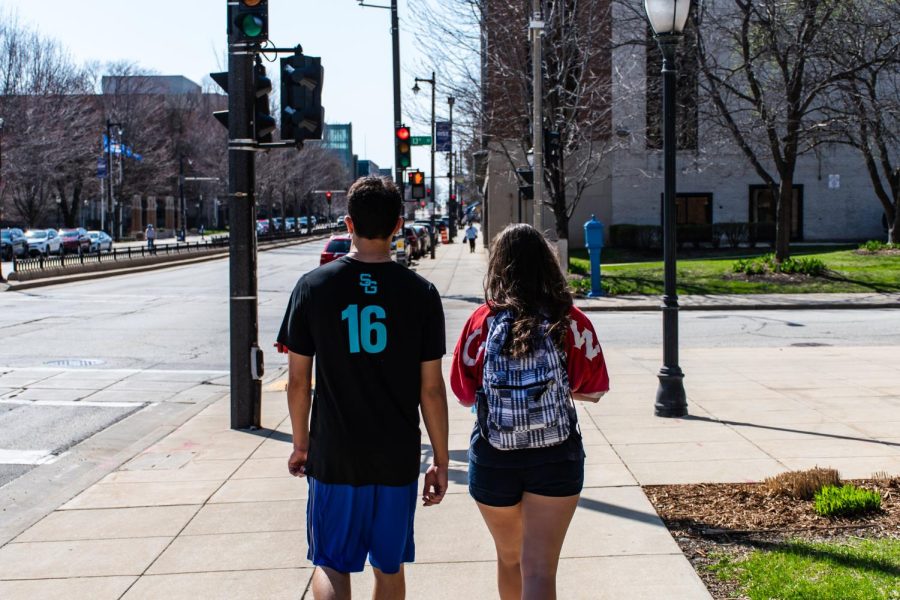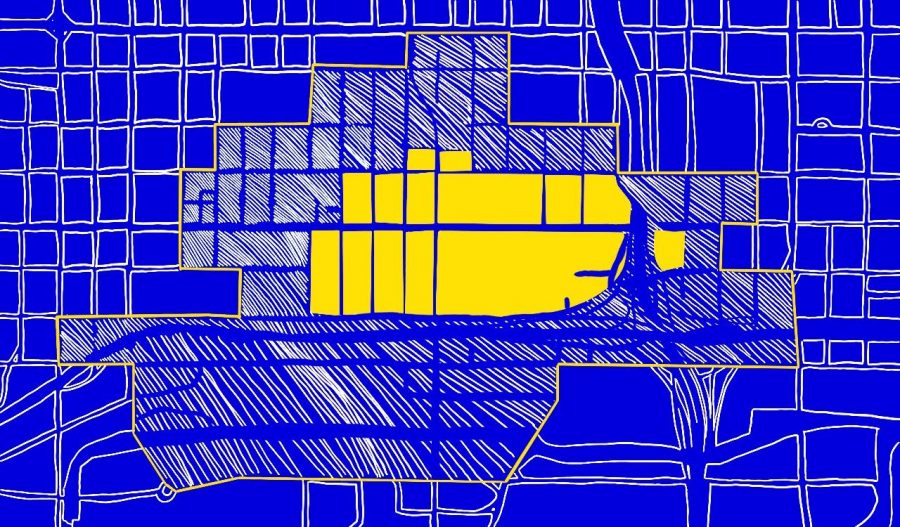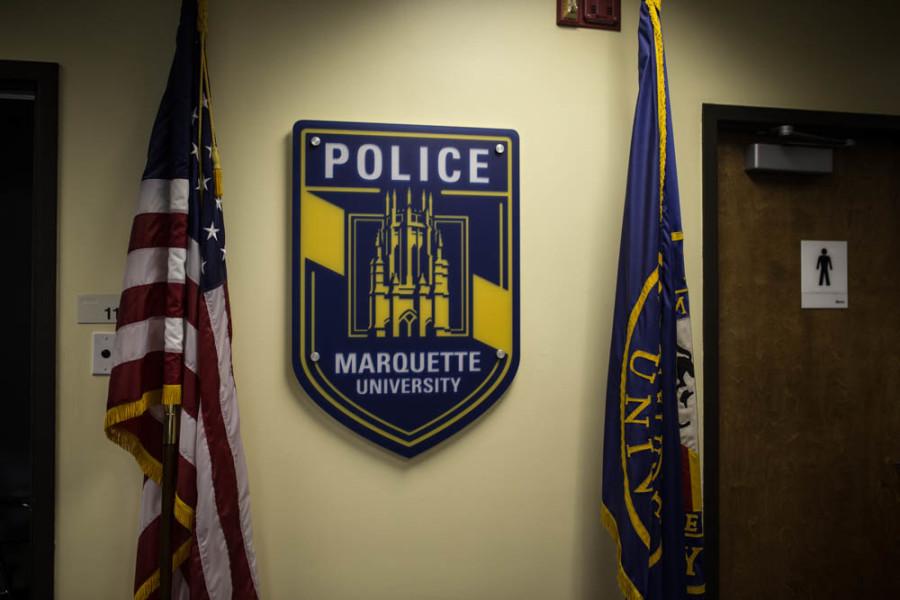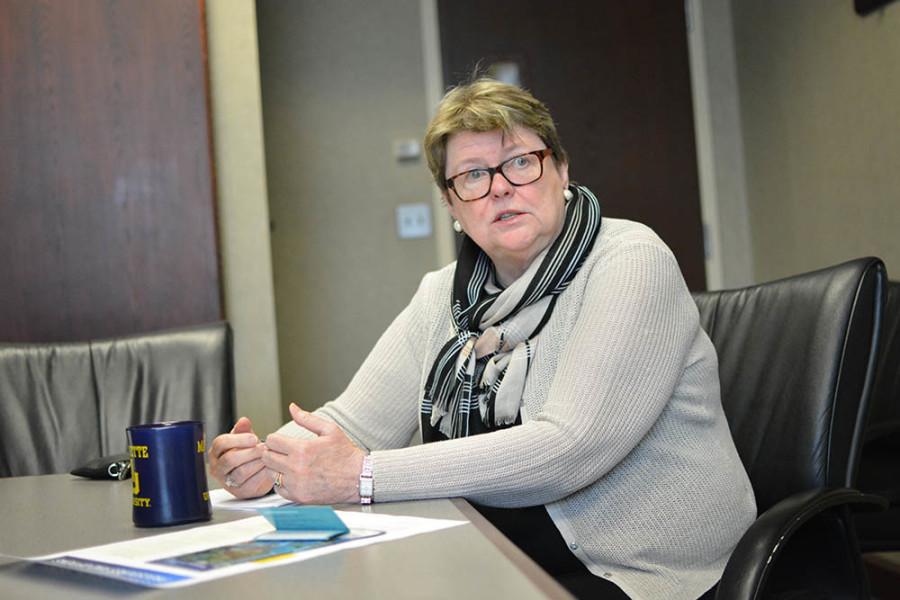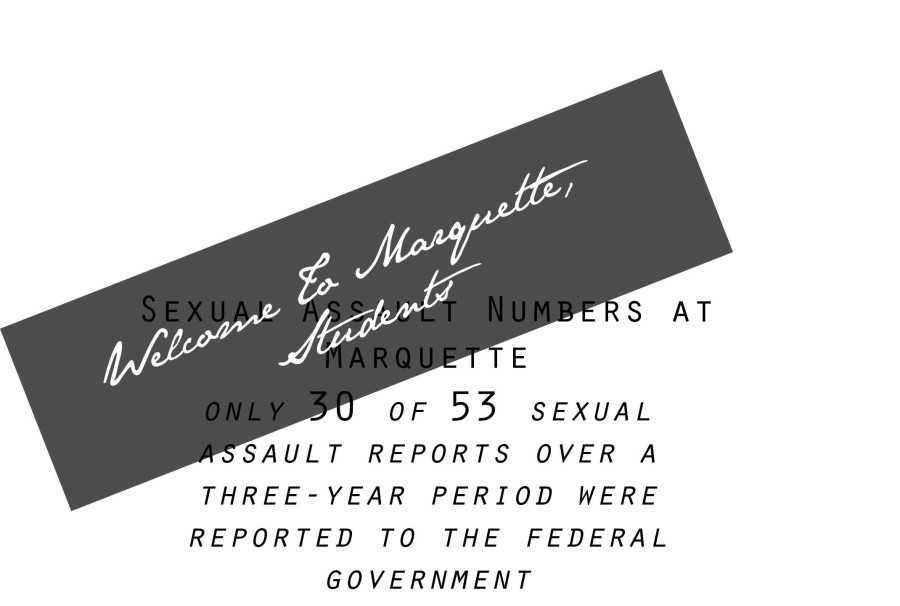Data published by the Department of Education indicates that between 2008 and 2010, 84 burglaries and 2,555 liquor law violations resulting in disciplinary action were reported to have taken place on Marquette’s campus. Department of Public Safety Cpt. Russell Shaw said numbers would likely have been lower if DPS did not patrol and report on such a large area.
“Our patrol area is large,” Shaw said. “We go all the way to 24th Street on the west, 7th on the east, and all the way to Highland (Boulevard) on the north. If we shrunk our patrol area, obviously our numbers would be lower.”
“We always go above and beyond in anything that’s reported by us in our patrol area to write a report on,” he continued. “I believe the only two robberies we had this fall were both non-Marquette affiliated, and both were on the peripheral of our patrol area.”
Burglary at Marquette is one of the most commonly reported crimes on campus. In 2010, there were 36 burglaries reported on Marquette’s campus. In the same year, at the University of Wisconsin-Milwaukee, 14 burglaries were reported on campus. Saint Louis University’s similarly urban campus reported 15 burglaries throughout 2010. The enrollment at UWM is 29,350 as opposed to 12,002 listed at Marquette and 17,859 at Saint Louis.
The data collected also indicate the number of liquor law violations during 2008 to 2010 on different campuses. In 2008, Marquette reported 14 fewer violations than the University of Wisconsin-Madison with 884 compared to 898 in Madison. Over the 3-year period, Marquette has reported a total of 2,555 liquor law violations and 132 drug abuse violations to the government.
“We want to be transparent, and we want people who belong to the Marquette community to be, because it helps us prevent crime around campus, and it gives us valuable information that help us catch the bad guy that might be out there,” Shaw said.
While comparing numbers across schools can be interesting, Assistant Dean of Students Erin Lazzar said it’s not as simple as just looking at the numbers.
“It is really difficult to compare one school to the next. It is like comparing apples to pears,” Lazzar said. She said one difference is the nature of the campus security officers at different campuses. For example, Lazzar said public safety officers at Wisconsin system schools are sworn police officers, whereas DPS officers at Marquette are not.
Roland Corvington, the assistant vice president and director of public safety and emergency preparedness at Saint Louis University, said he believes public safety officers at universities play a key role in protecting students nationwide.
“The extent to which a university police or public safety department is able to make the university community aware of potential threats and provide tips to mitigate such threats can help reduce victimization,” Corvington said.
Another statistic from the data shows that five forcible sexual offenses took place at Marquette from 2008 to 2010. In comparison, there were two at Saint Louis and three at Loyola University in Chicago. However, Southern Methodist University, located in Dallas, had 10 forcible sexual offenses over the past three years.


